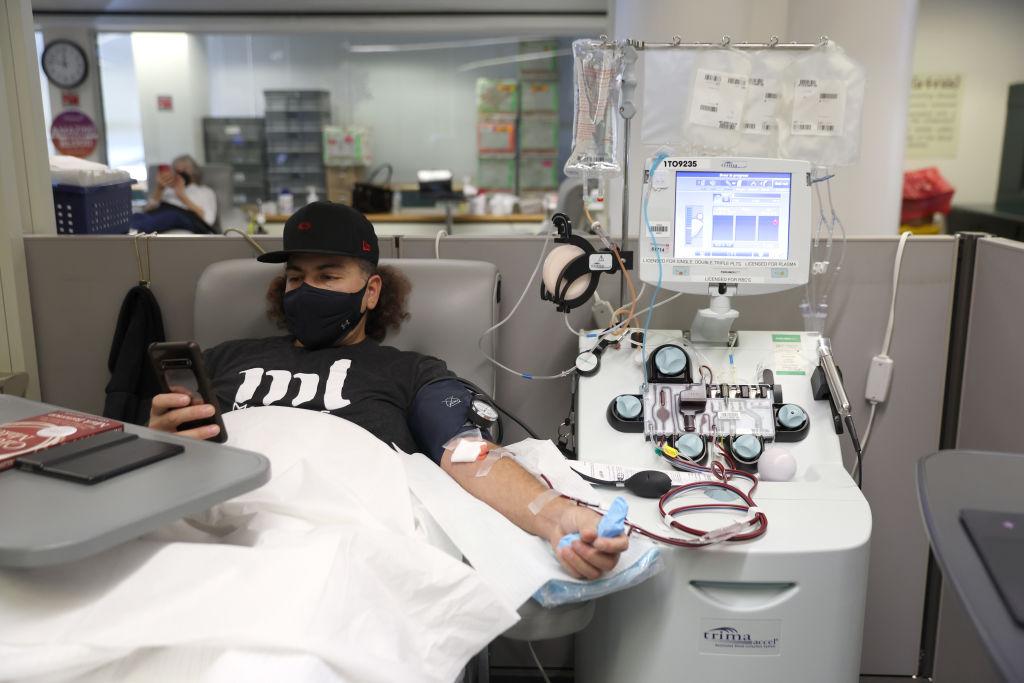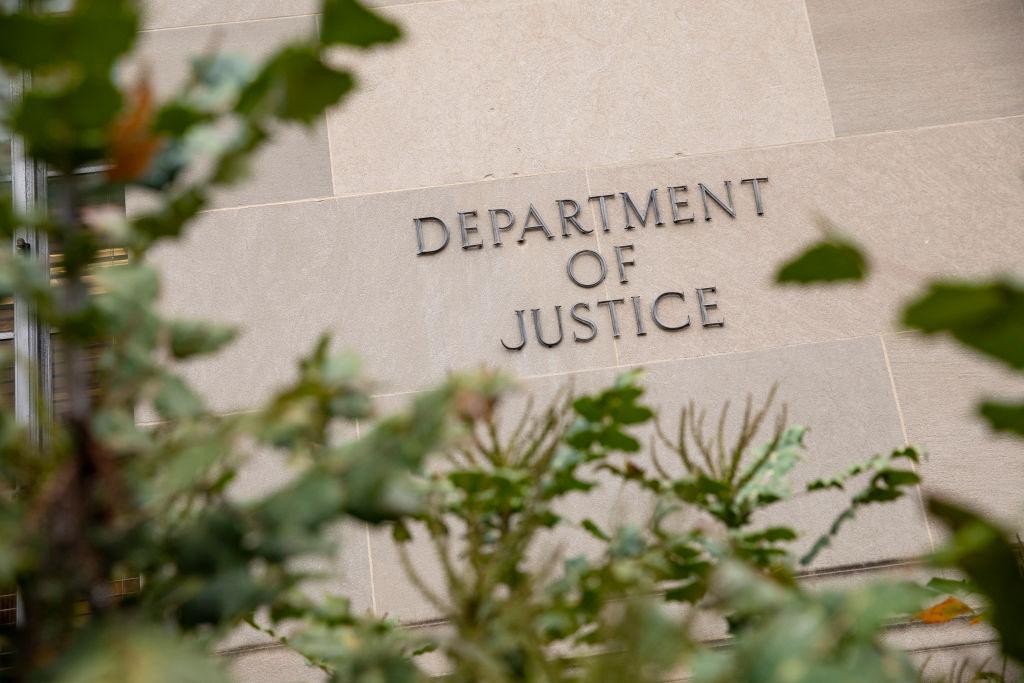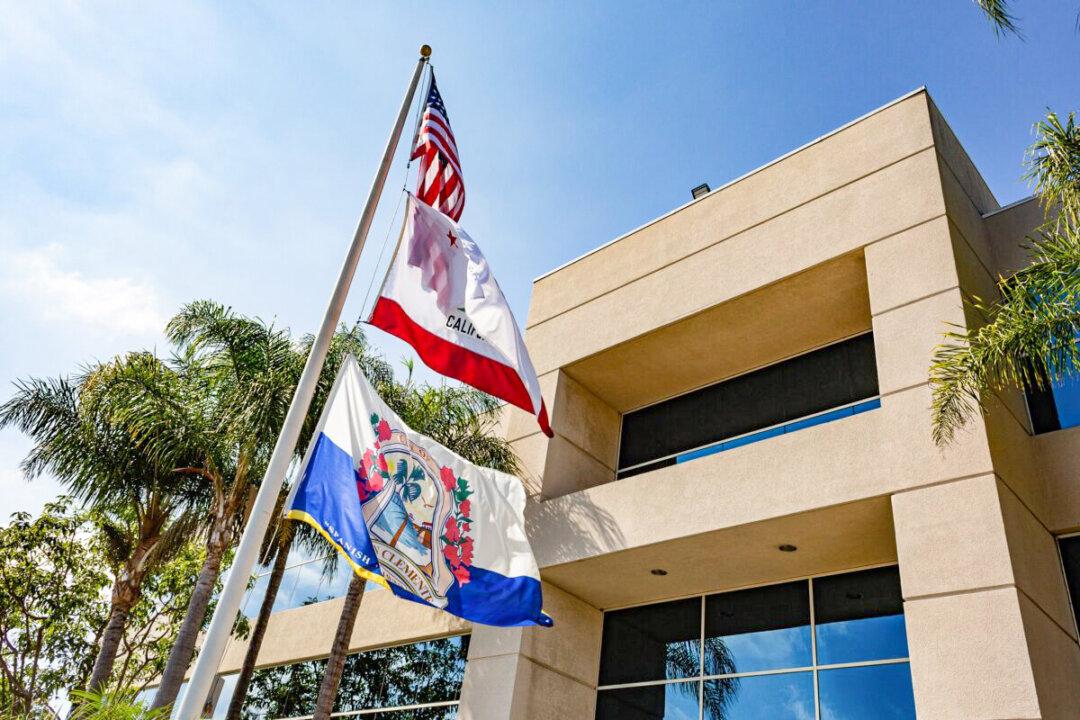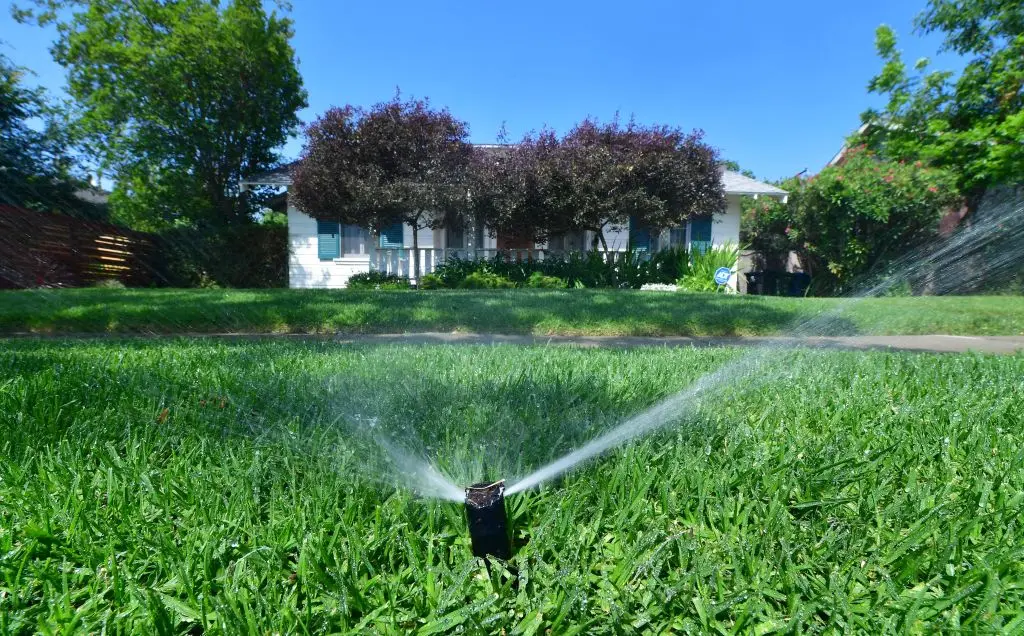LAGUNA NIGUEL, Calif.—Amid a severe blood shortage, California lawmakers have introduced new legislation to encourage blood donation by granting tax credits to companies and organizations that sponsor blood drives.
Senate Bill 1025, introduced by state Sen. Patricia Bates, a Republican, and co-authored by state Assemblyman Jim Cooper, a Democrat, would encourage the hosting of blood drives from businesses partnering with a nonprofit blood bank organization in order to boost blood donations.





